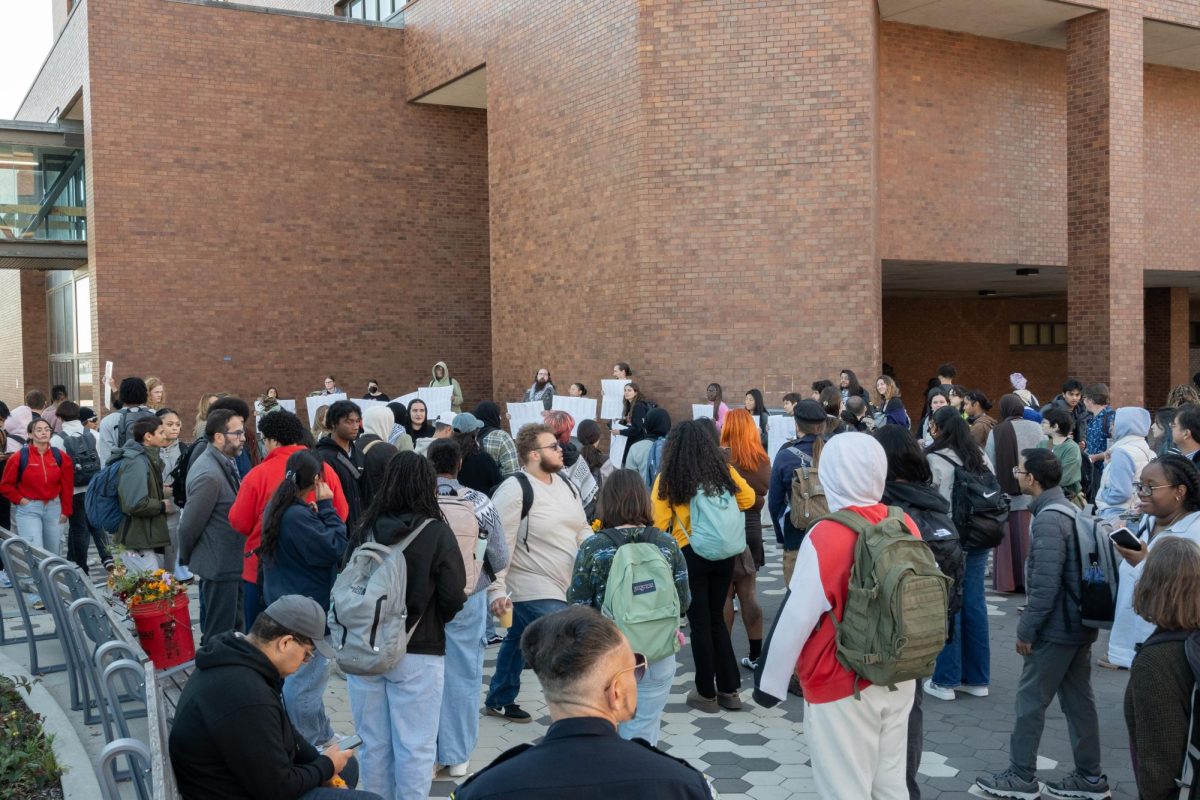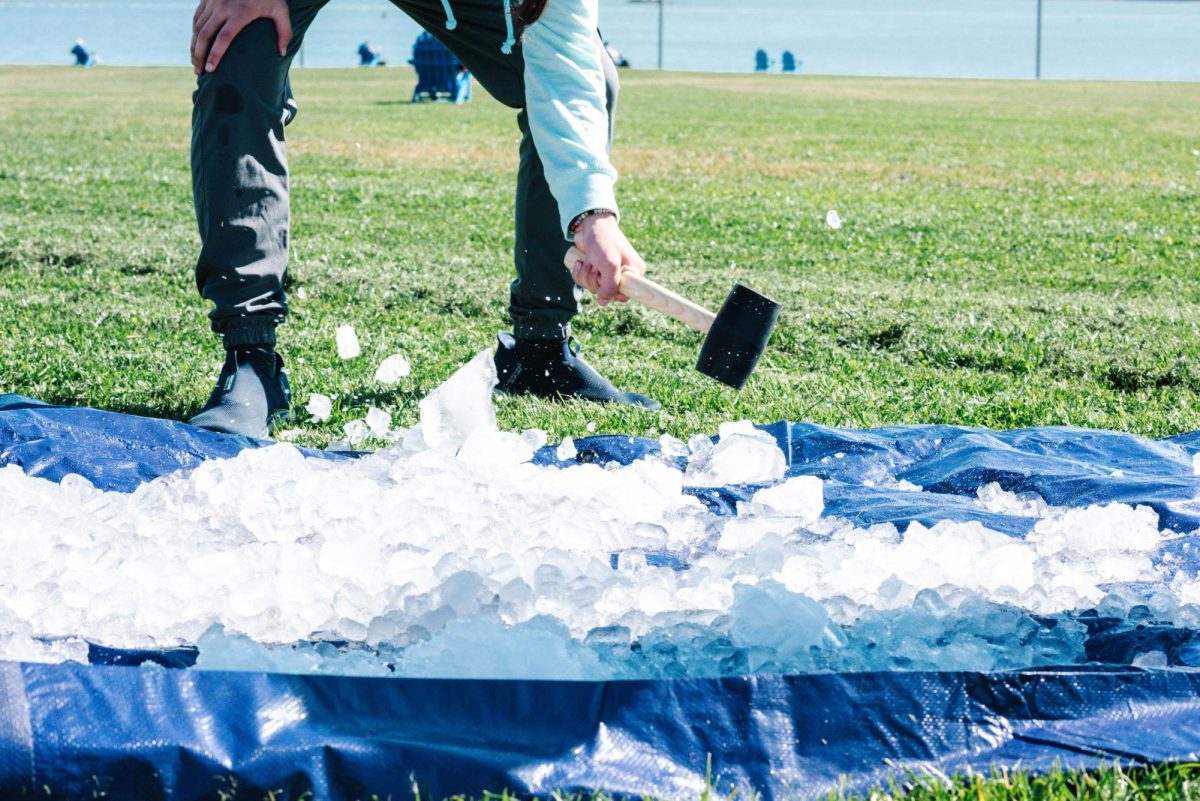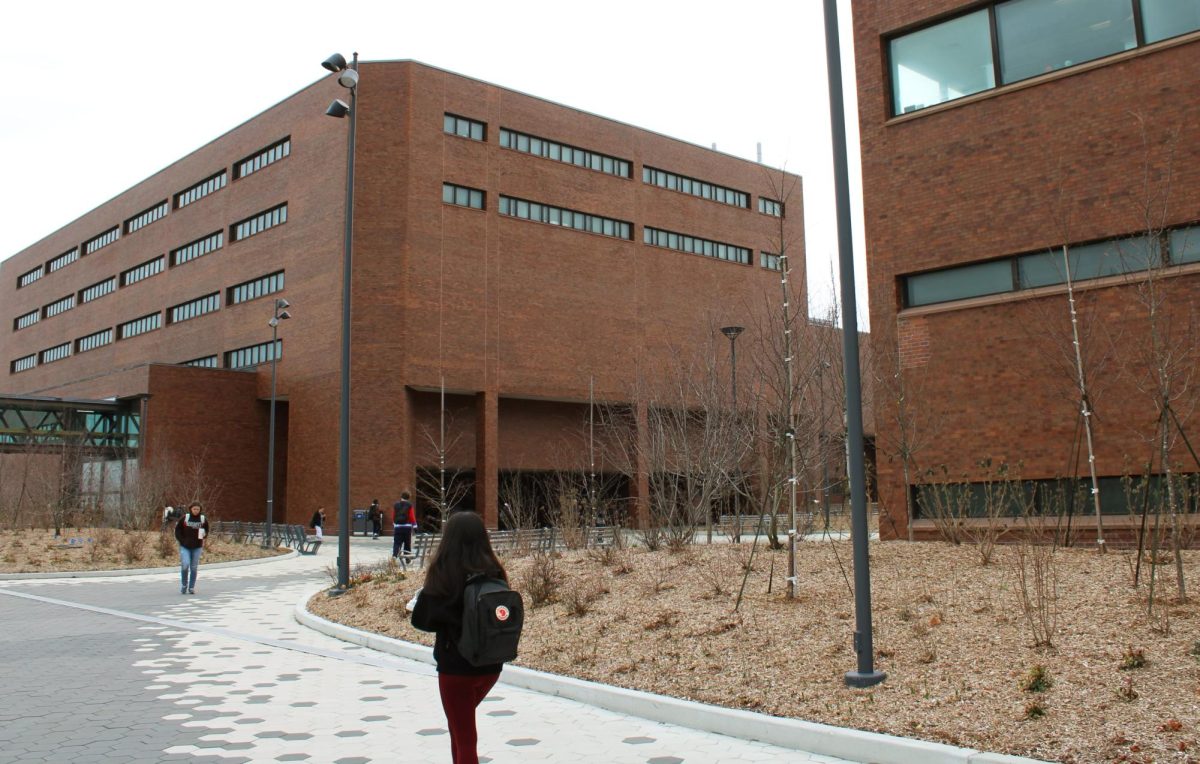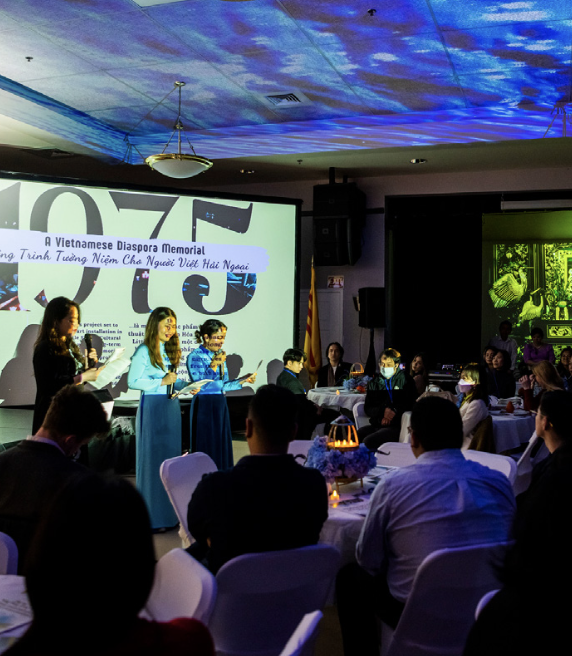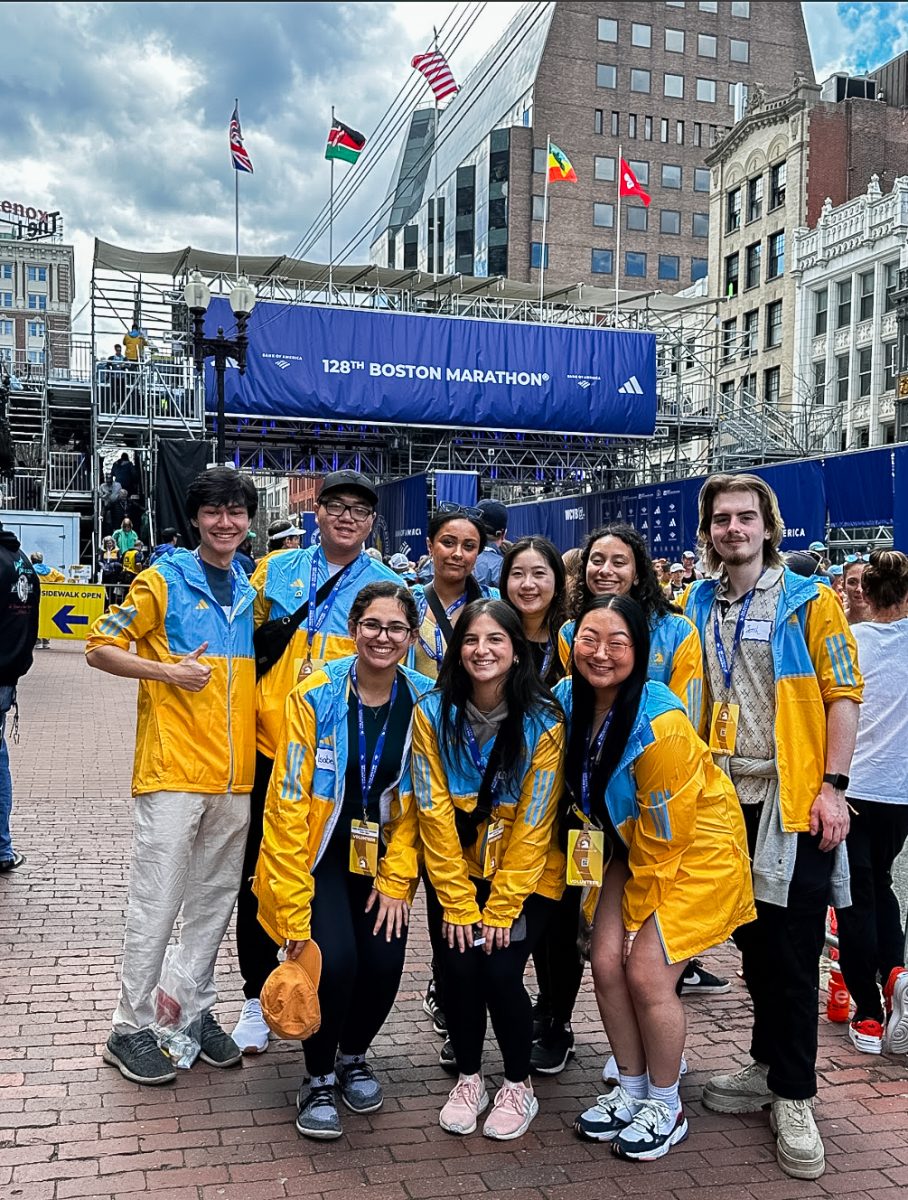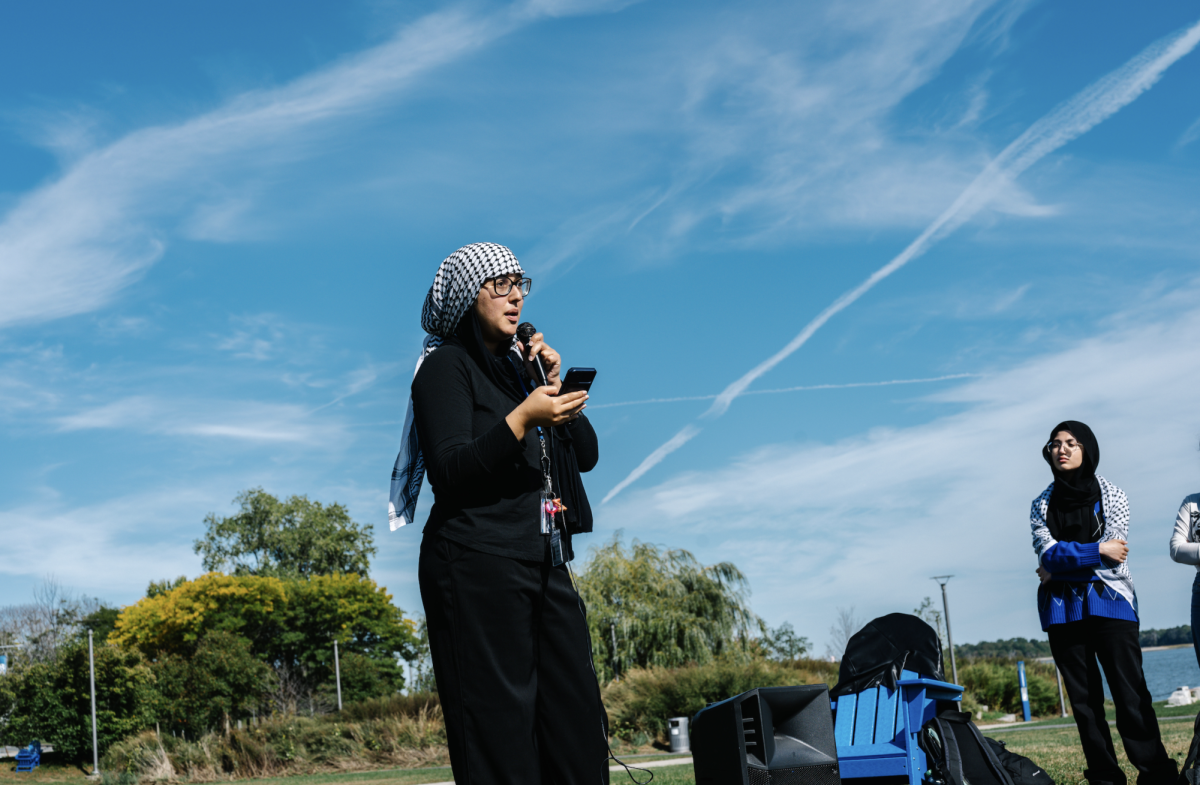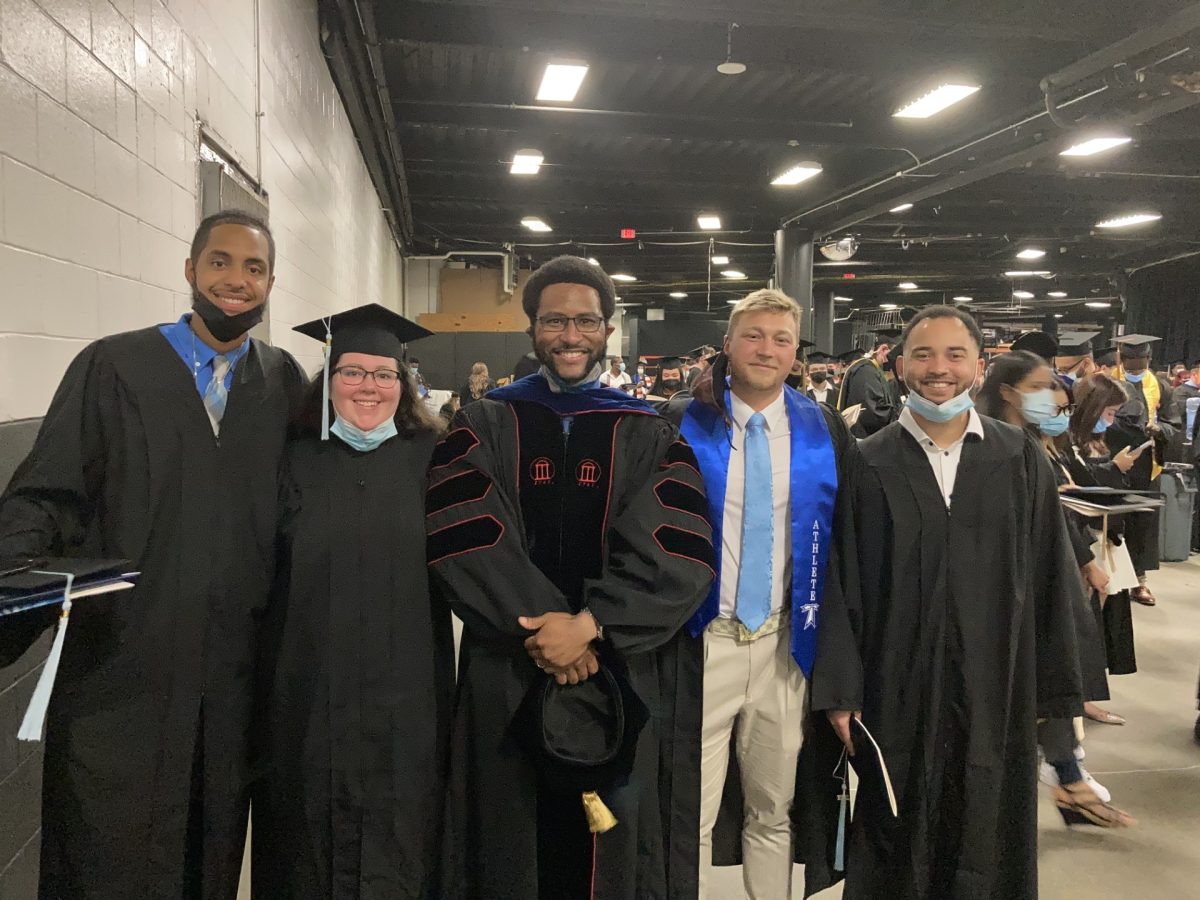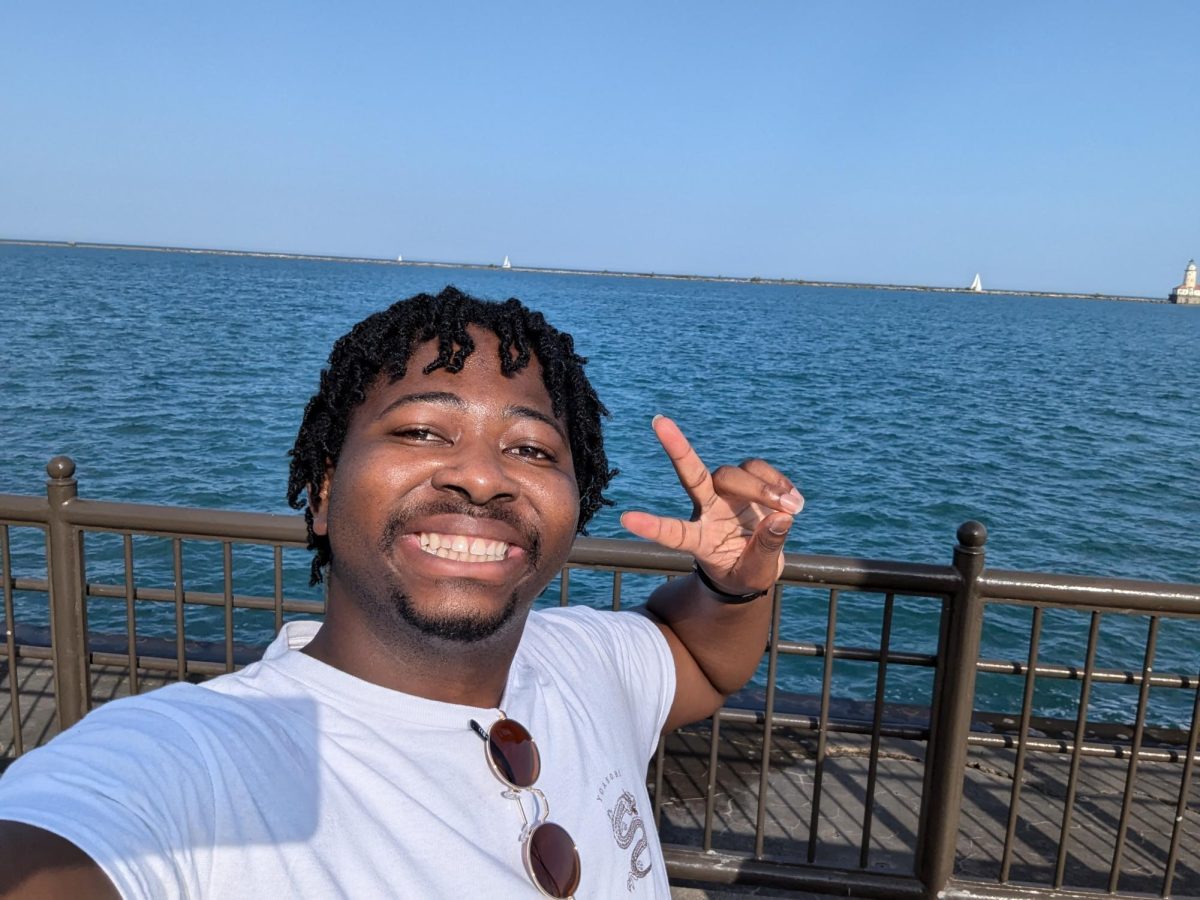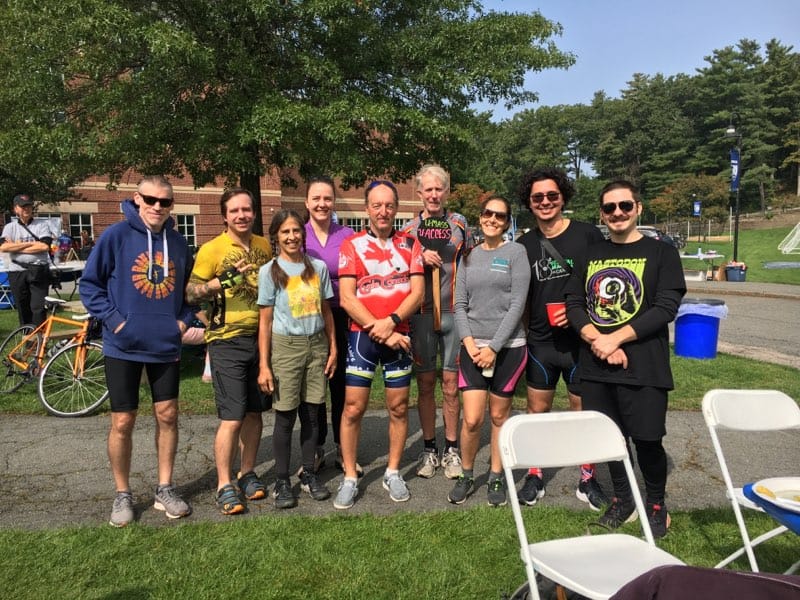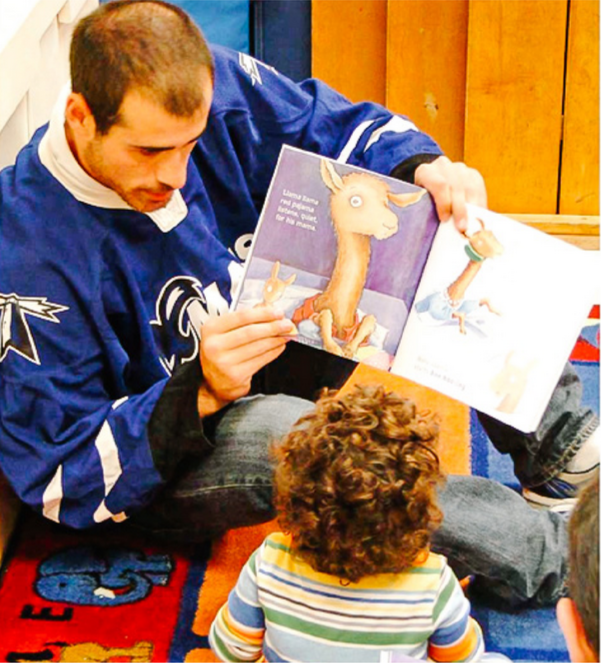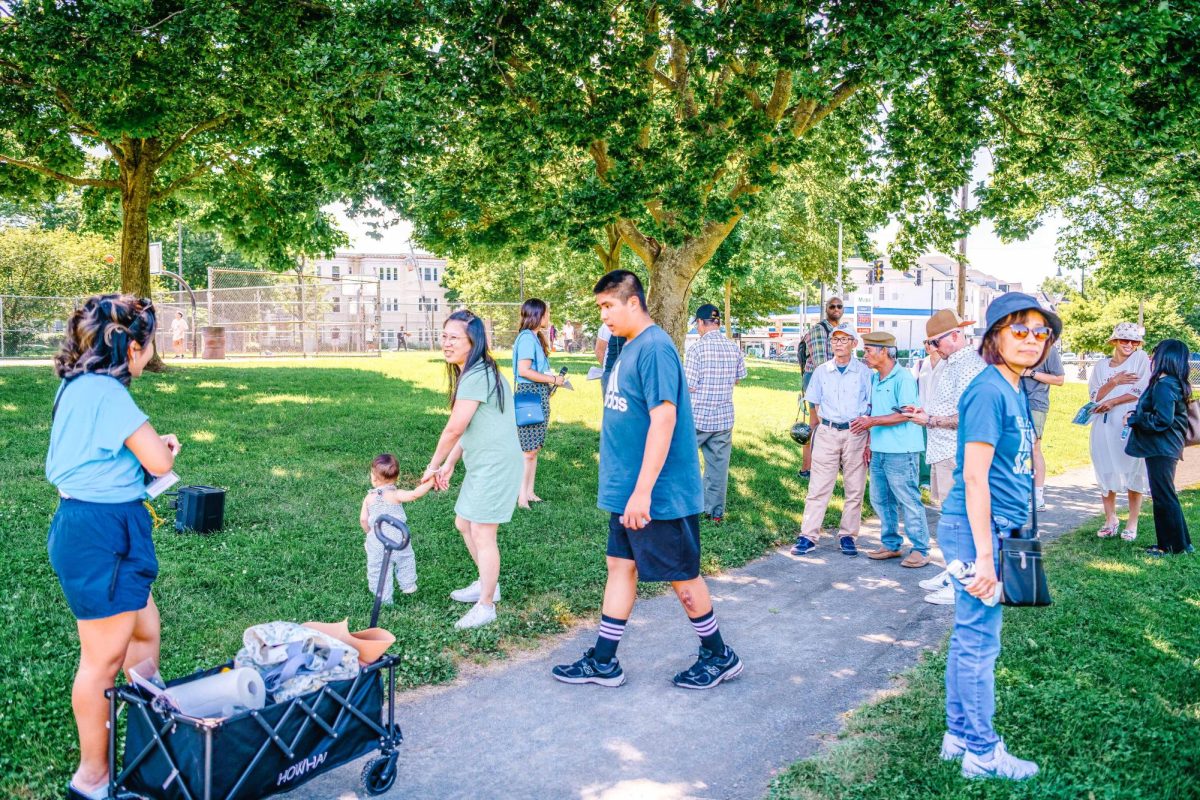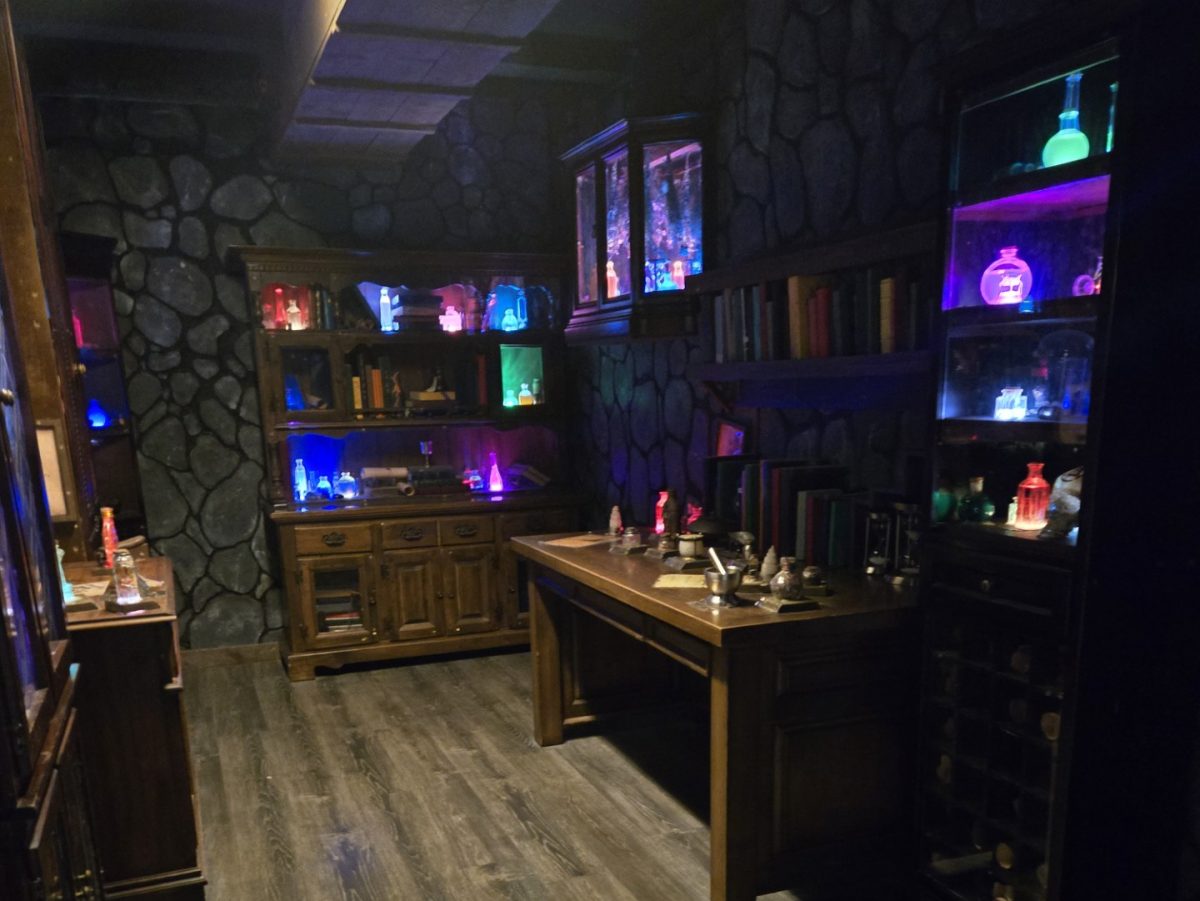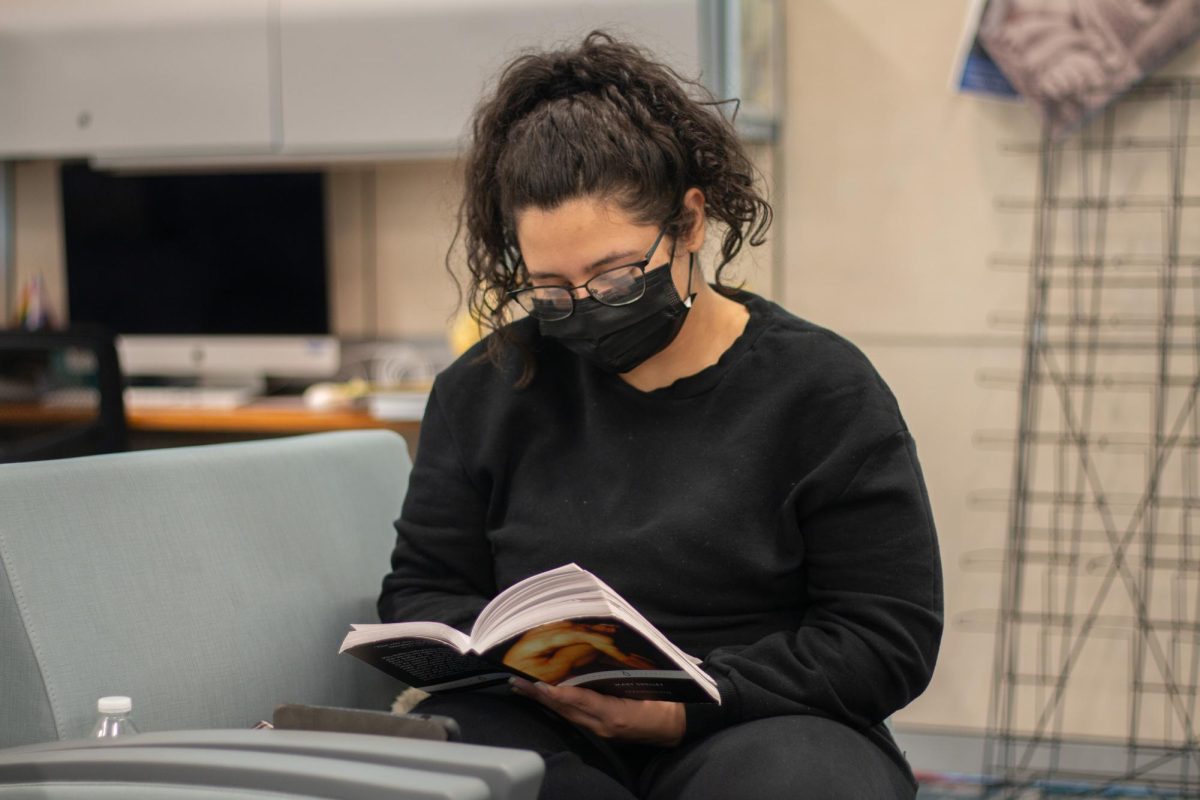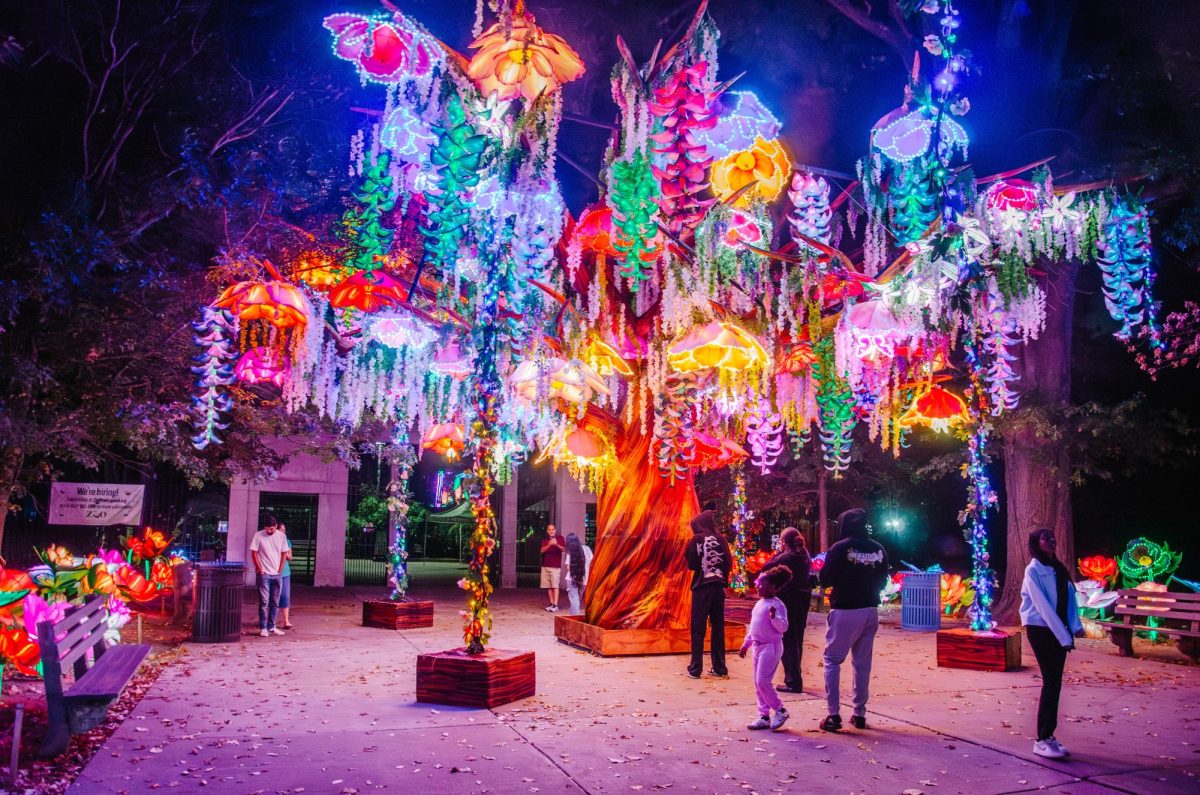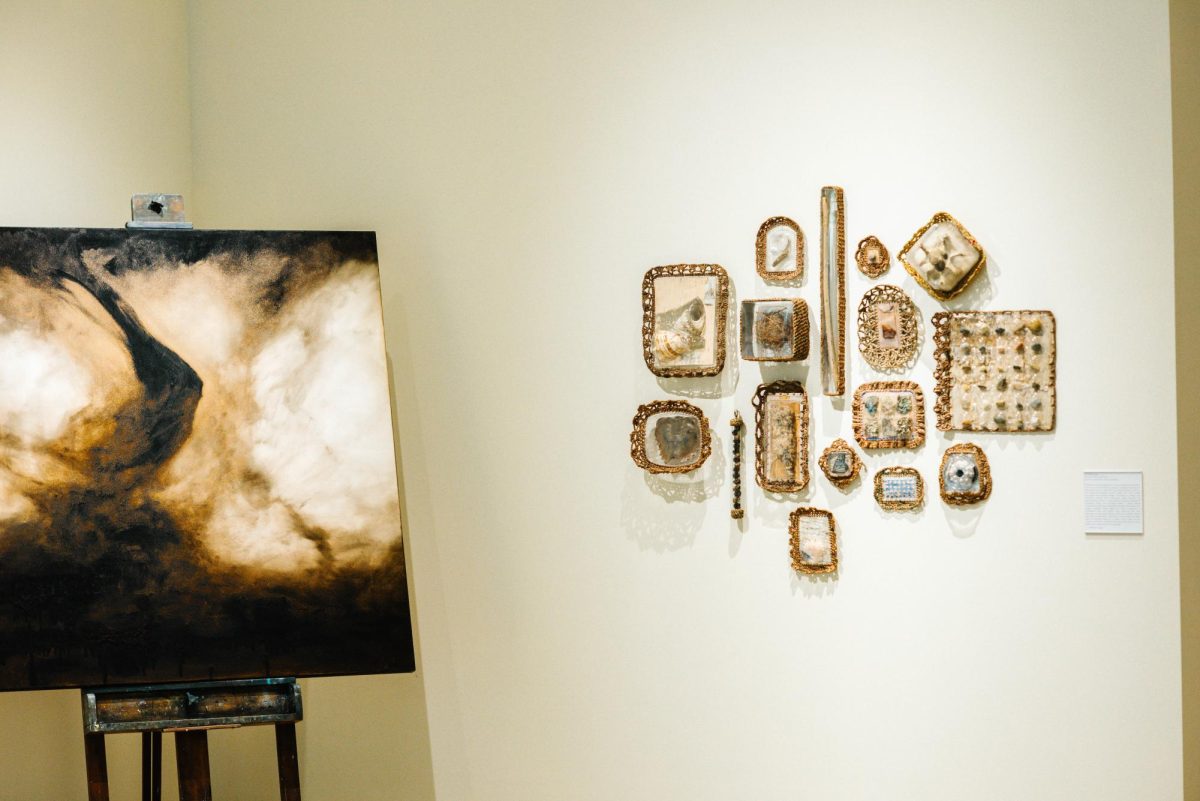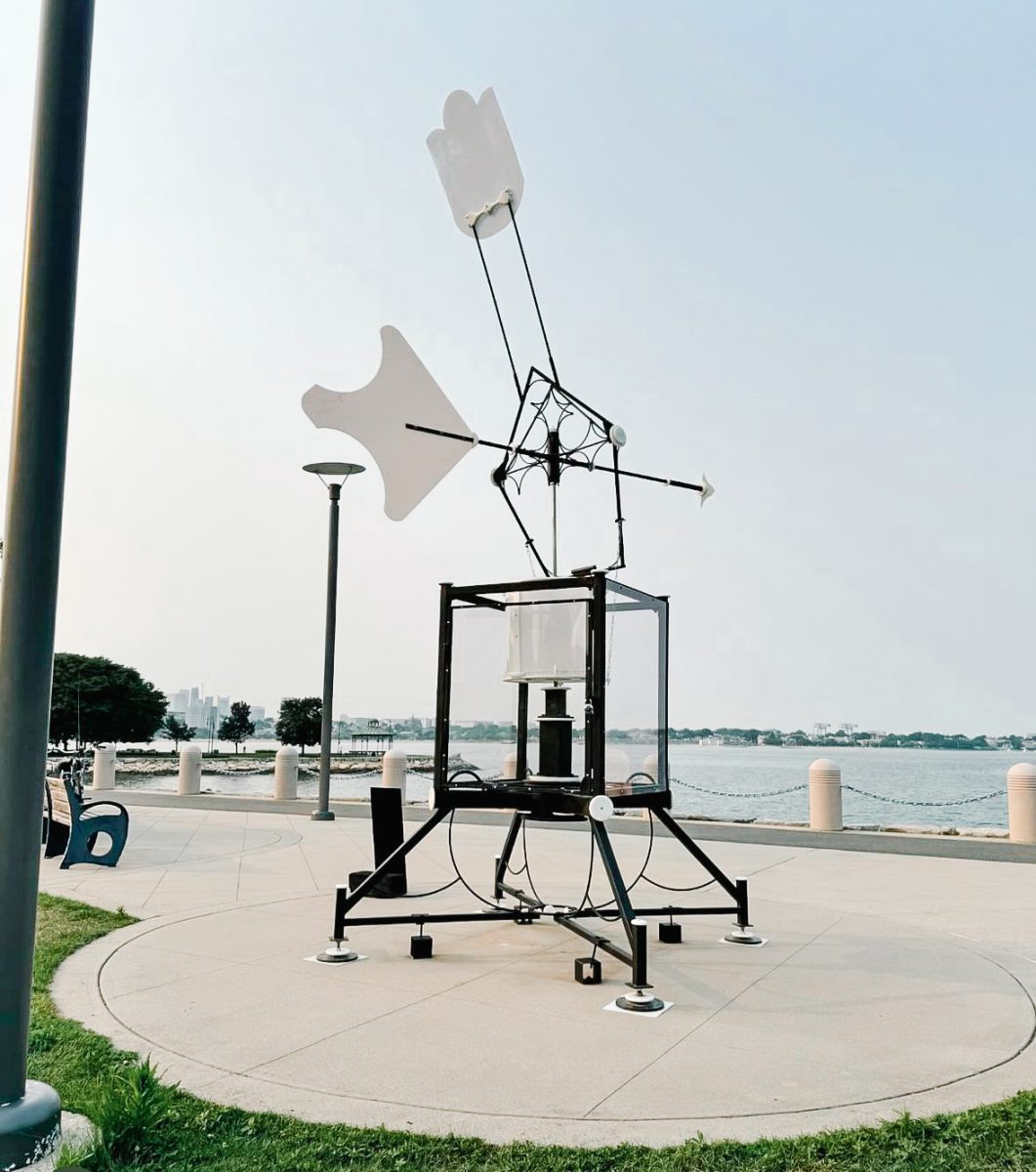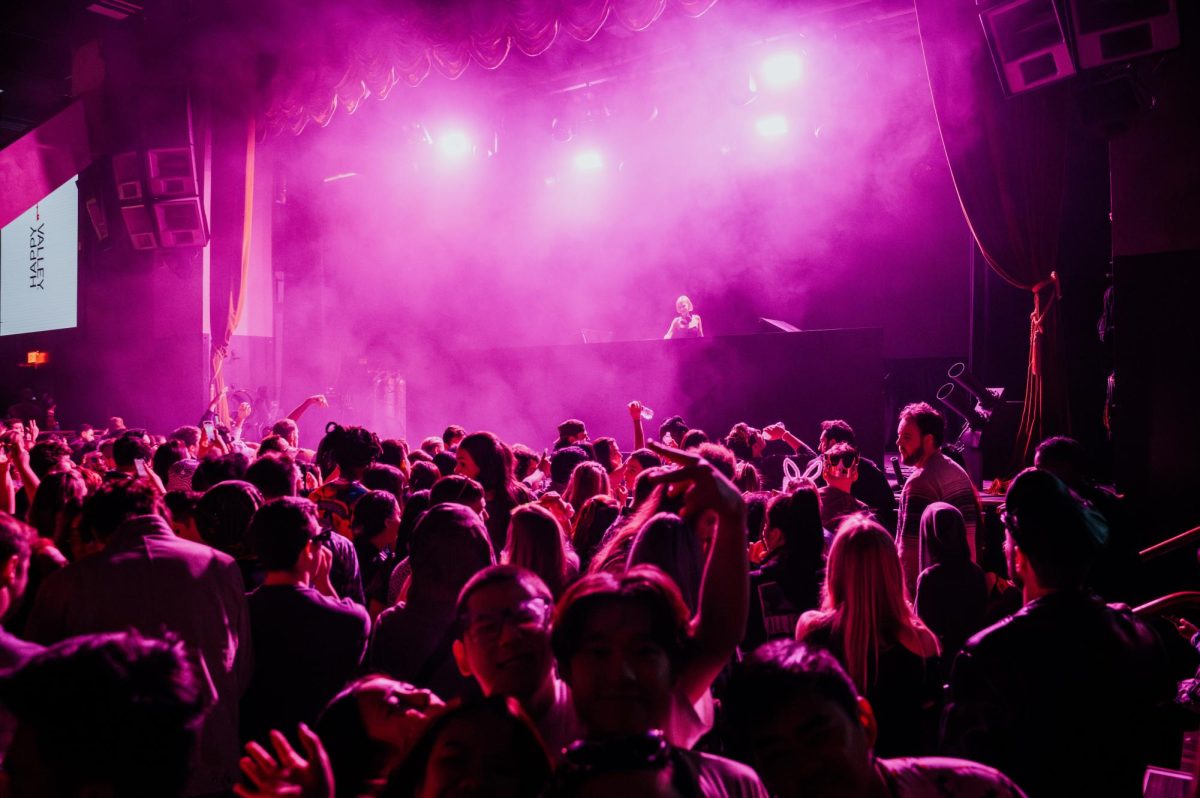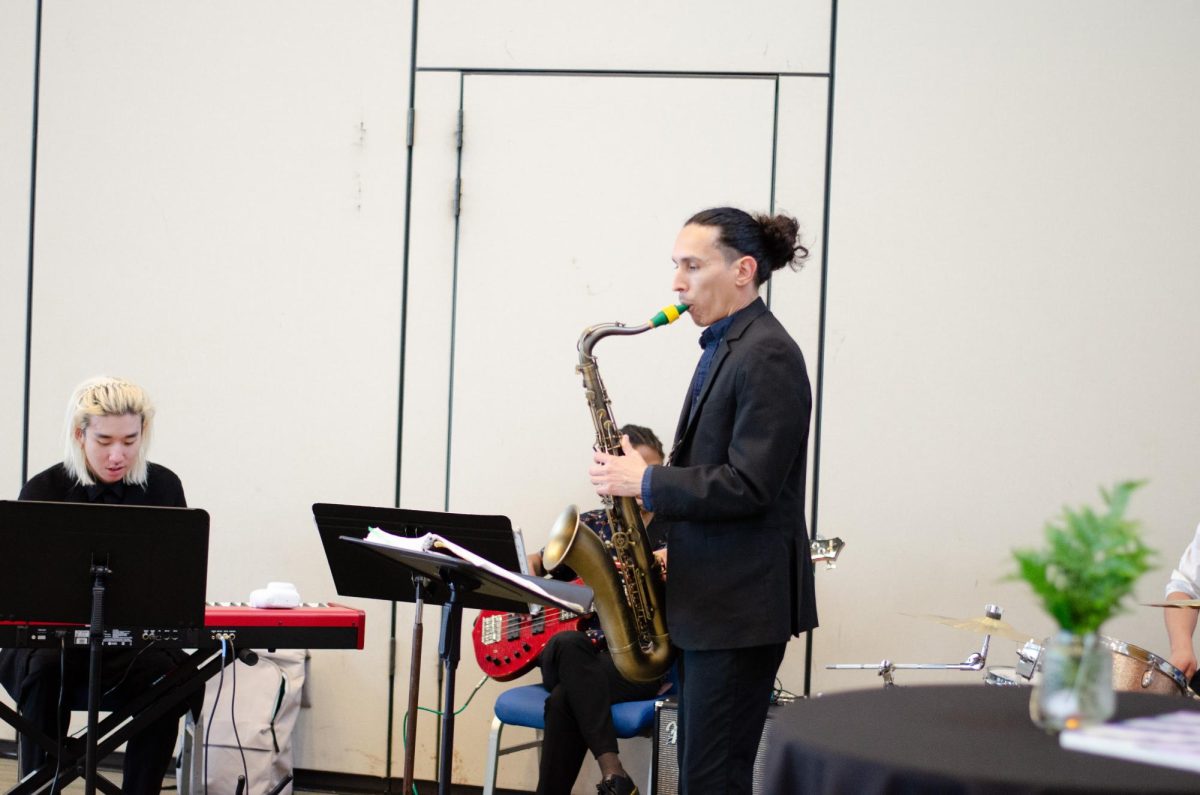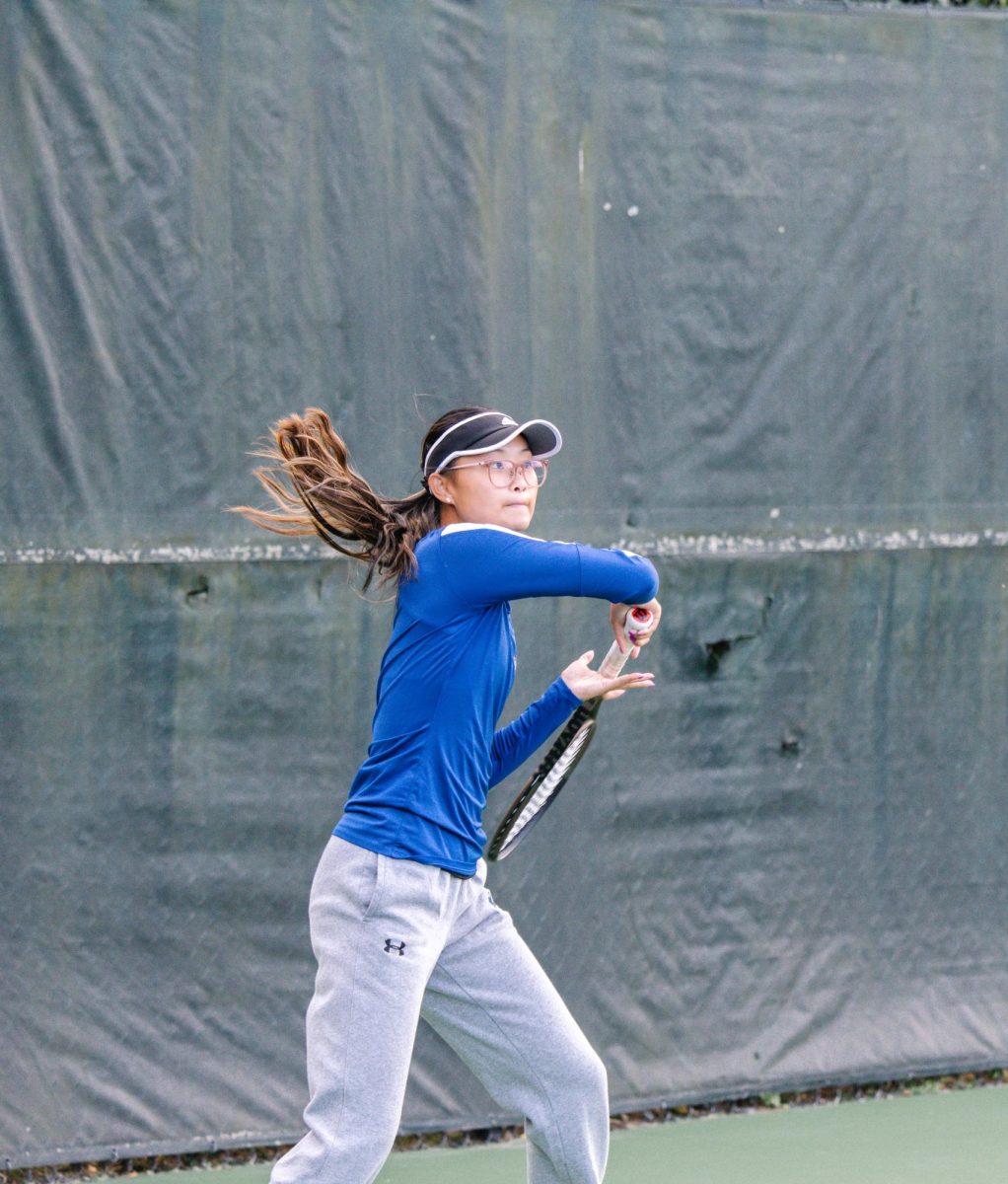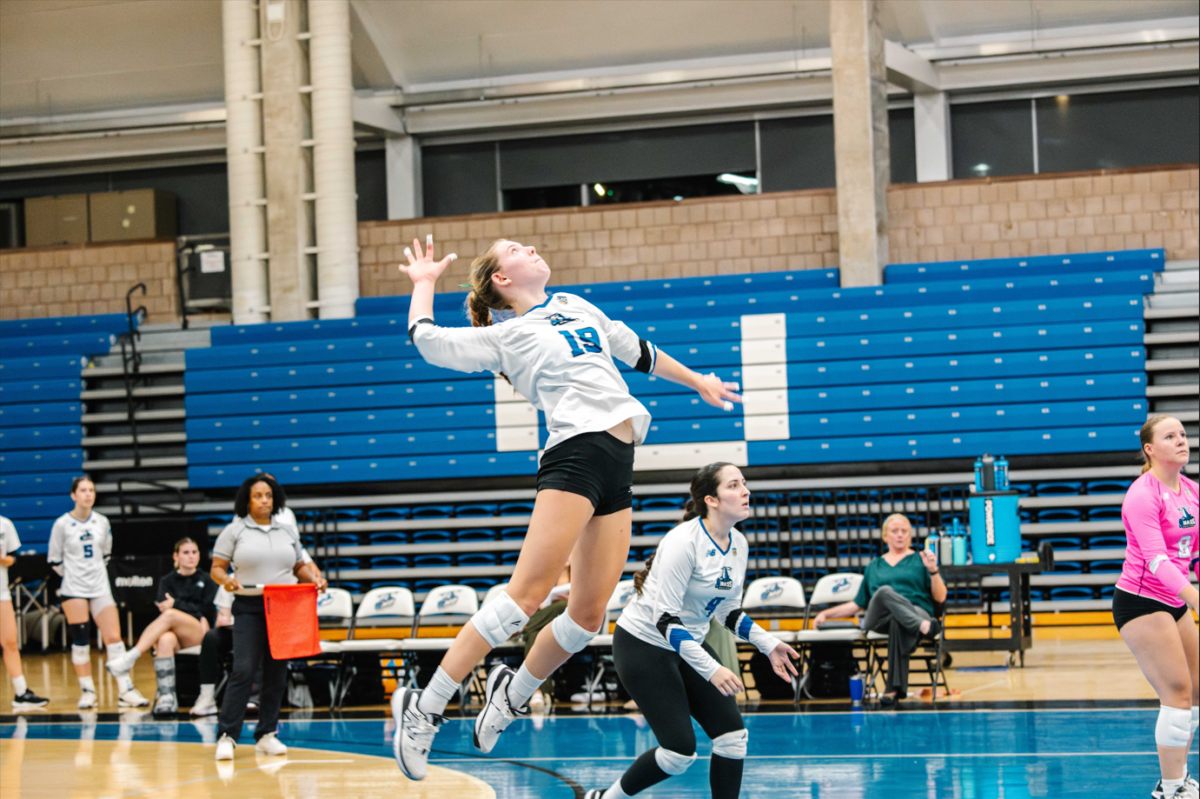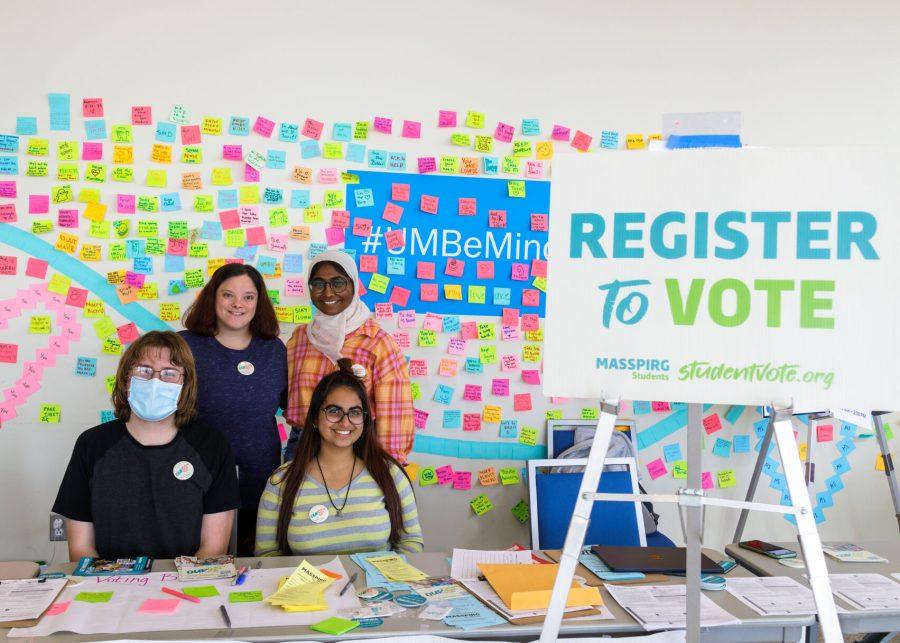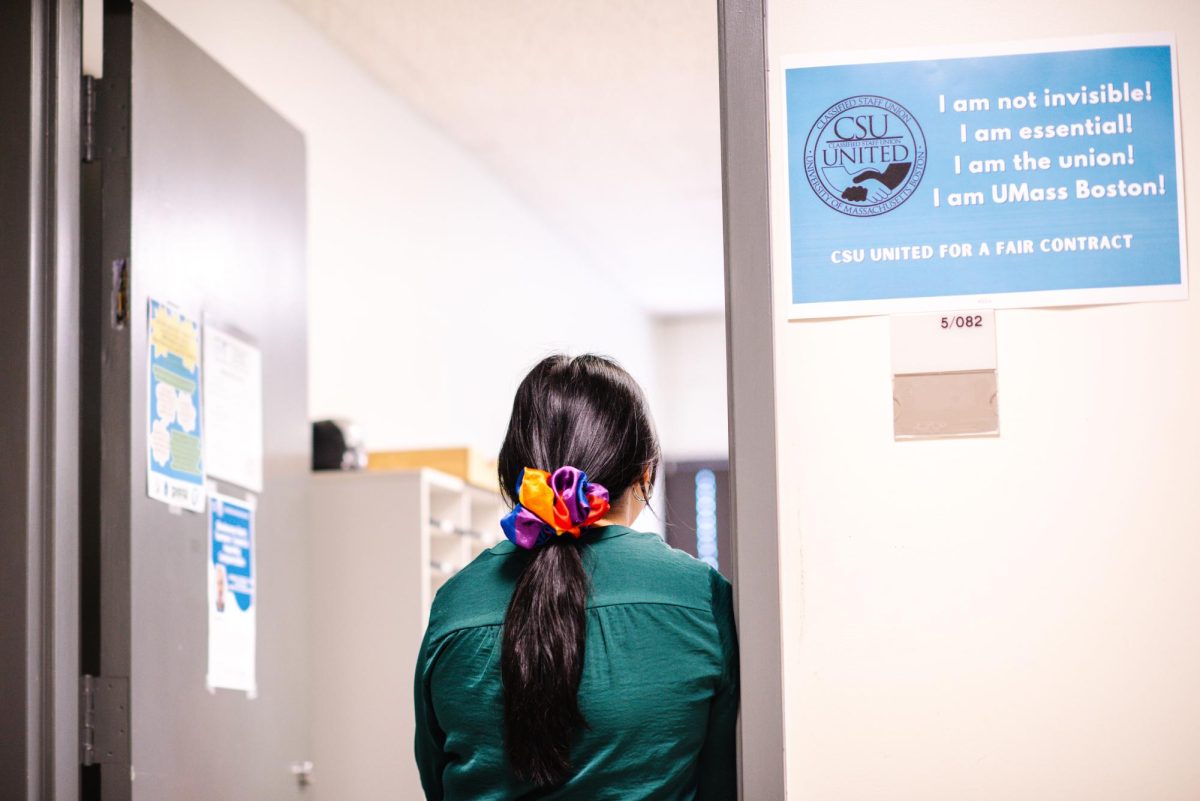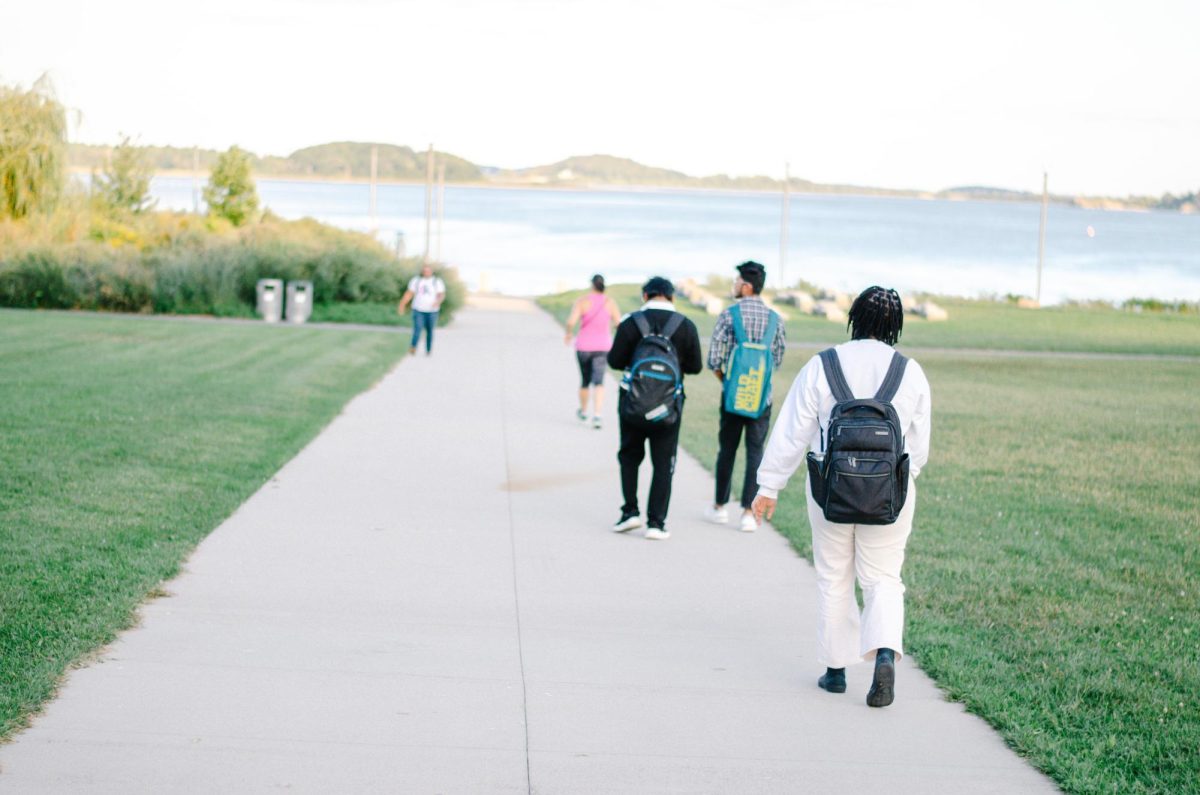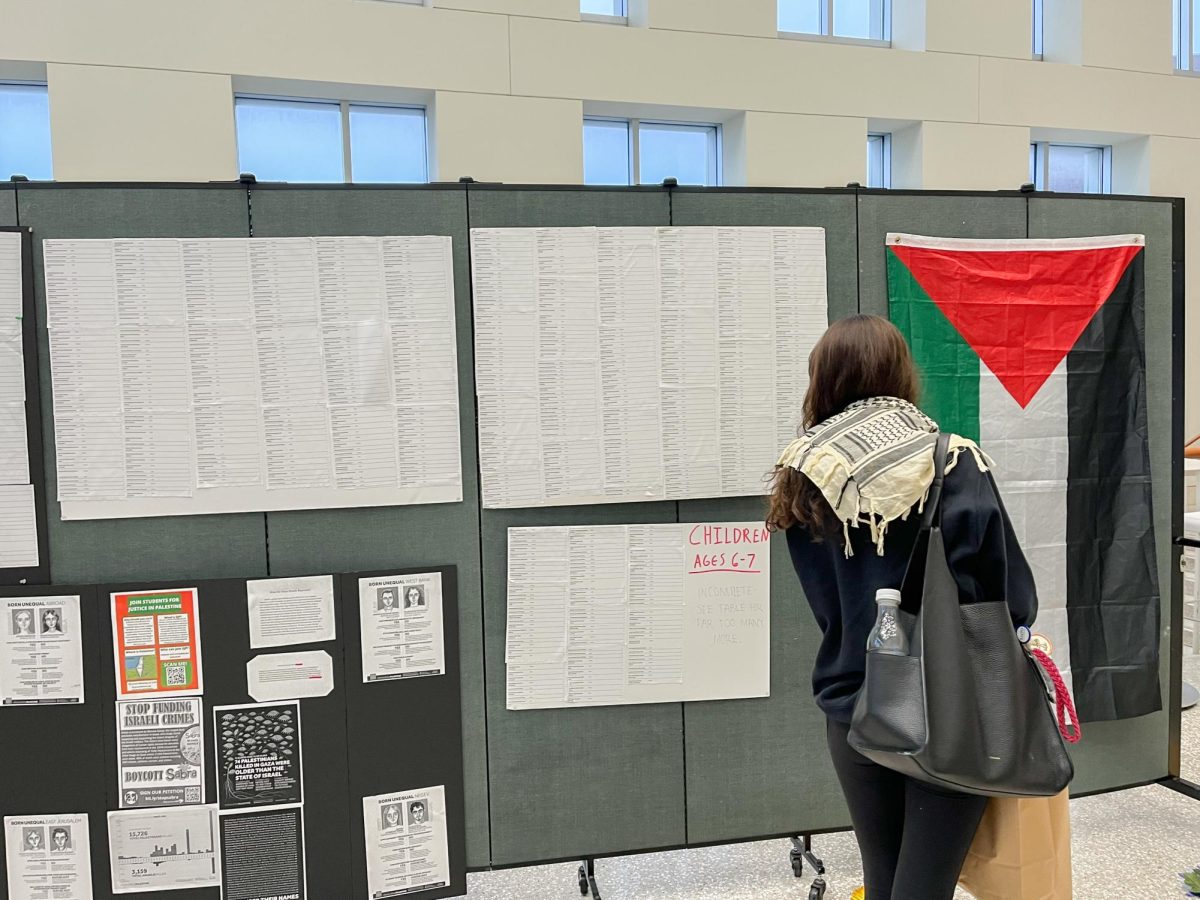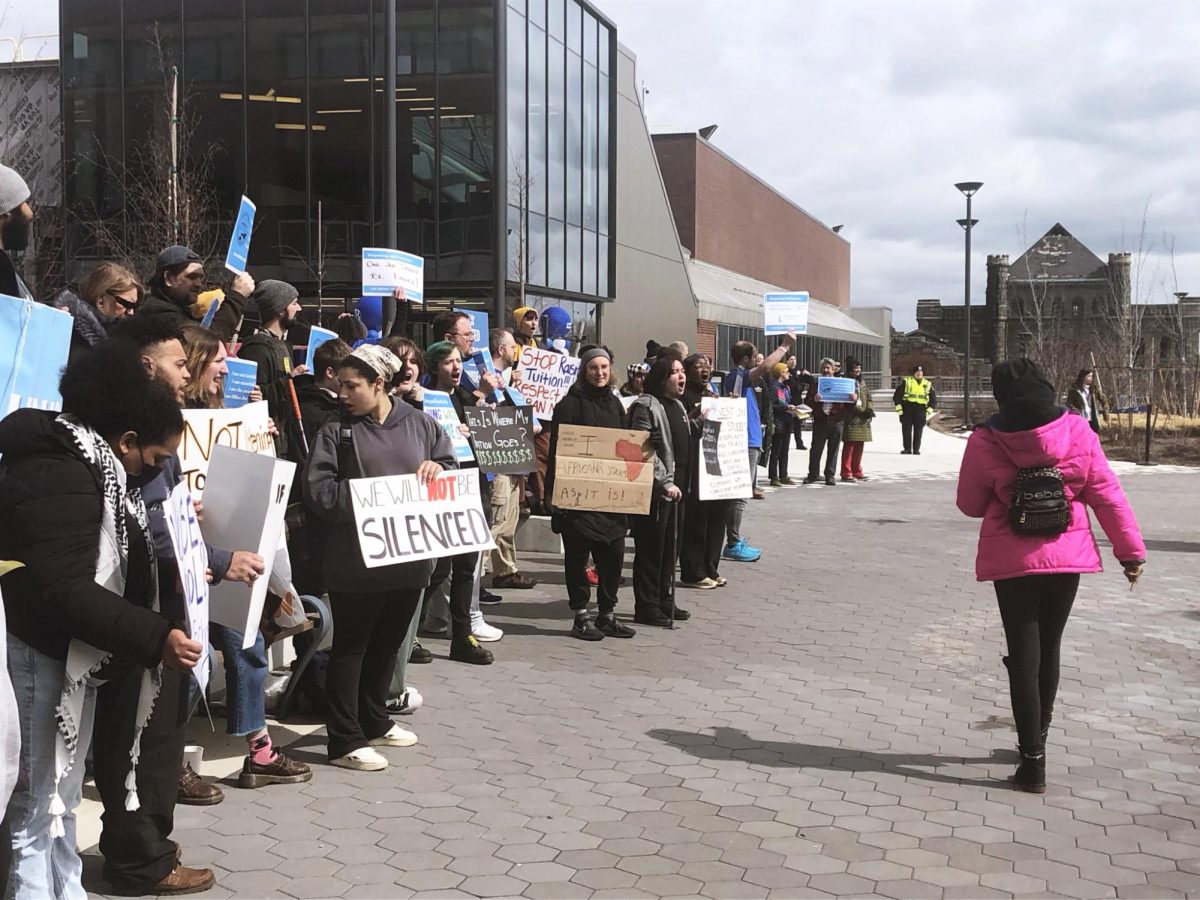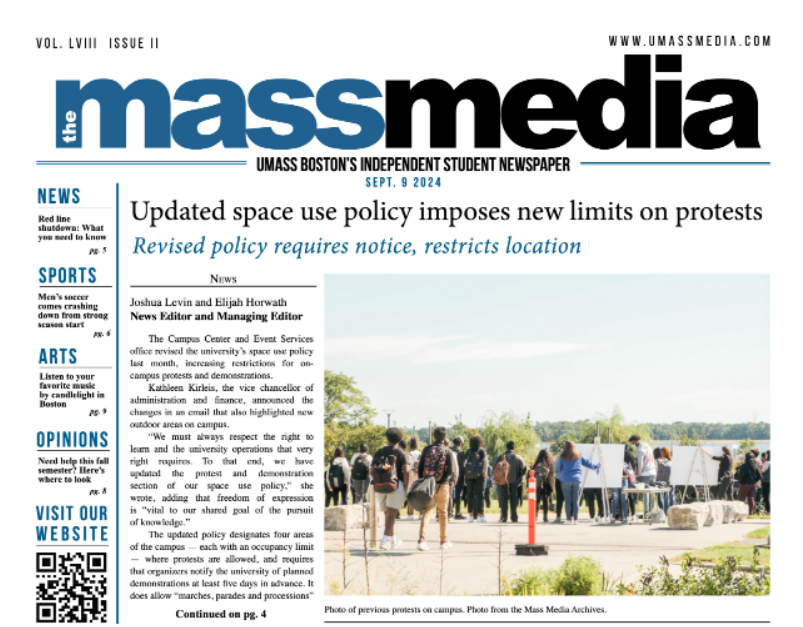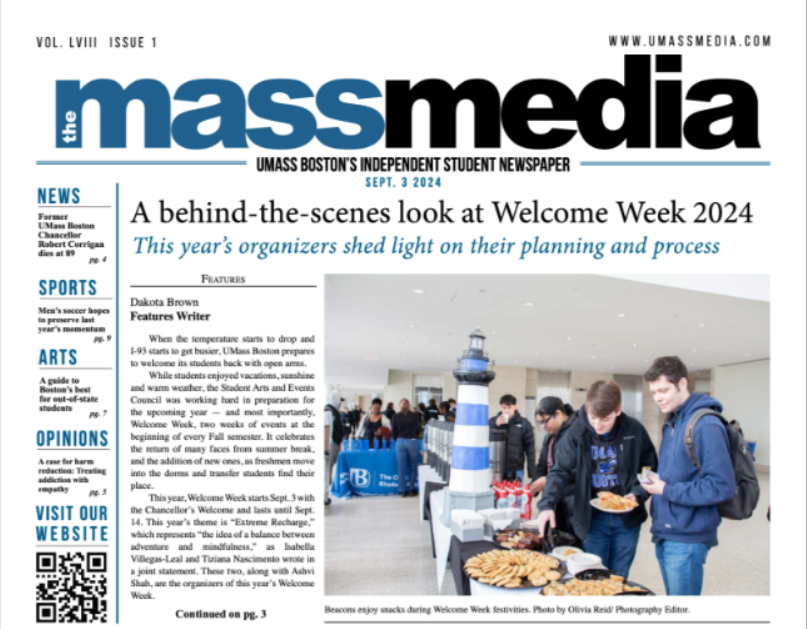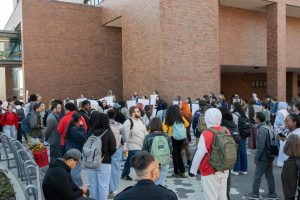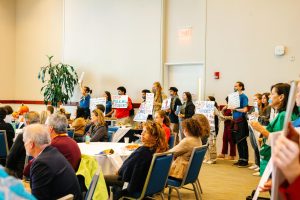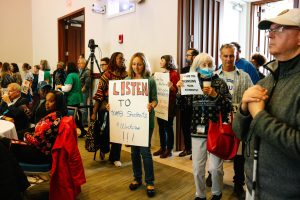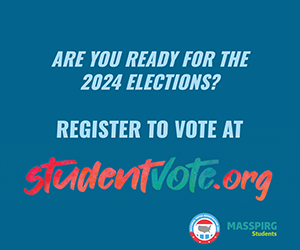The Sublimity of Failure

The Sublimity of Failure
December 4, 2007
The Native American Student Society recently held its annual Intertribal Social. At this event were people from all corners of the world, and a smile to be found on every face. We sampled moose stew and felt our heartbeats rise with the pulse of the Red Horse drumming circle.
During a lull in the drumming I spoke with an elder from the Pawtucket tribe named Braveheart. He was a very outgoing gentleman with eyes as fresh as an eight year old’s, who was there in full regalia to dance with his older brother. I asked about an issue I have had trouble with as a young Native American: how one frees themselves from their sense of bitterness about wilderness being replaced by destructive modern society. He began candidly speaking of his experiences with racism in Vietnam.
You know how it goes with the Golden Agers- you ask them one thing and get a completely brilliant and spontaneous answer on something else all together. Braveheart was sent to fight in Vietnam and it was there that he had seen the attitudes of racism back home magnified under the “efficiency” standards of war. To be more efficient, the U.S. troops were divided up into two categories, White and Colored. Once, he was in line with his younger brother, a few lengths behind him. They were waiting to be divided into units. It happened that Braveheart was light enough to pass for Caucasian. When he got to his bunker he waited and waited fruitlessly for his brother before heading out to socialize. His brother never came, but was instead sent to the Colored camp. At this point he shook his head and looked, for a brief moment, 76 years old.
He began again and looked me square in the eye and said, “It is impossible for you to comprehend the hate that builds up between people for mere color of skin. Things are a lot better now. But they aren’t finished.”
“Those people who let the hate build up are missing the most important thing.” I replied.
“And what is that?”
“Blood. They forget that no matter what color our skins, blood is always the same color.”
He smiled. As if on cue, the drumming picked up again and he rose to dance. He thundered around the circle, and the earth shook with pride. I was again proud to be of this strange human species.
I left the social wondering about our future. The speakers spoke with confidence in the innate nobility of our kind, yet evidence to the contrary lies in every newspaper blazing with more tales of destruction and war. My train of thought led me to a sense of the greater truth. Beneath all wars, beneath all cruelties, we are still living with racism. The stereotypes that code, that help us comfortably understand each other, also function as limits for those being judged. This occurs with every stereotype in the book. The fire-water drinking “injun”, fraternity “yah doods,” studious Asians, ignorant Americans, violent Muslims, hot-blooded Latinos, and on and on and on. All lines that we expect the “other” to color in at the first opportunity.
Mistakenly, we assume that nobody’s life could possibly be as rich and faceted as our own and due to this we alienate each other. This is a huge problem due to the fact that if we do not respect cultural differences we can never drop our ethnocentricity long enough to “walk a mile in another’s moccasins” and fully see the world from their view. In fact, by denying the validity of other lives we are forever trapped by egocentricity. By putting our neighbor in a cage, we cage ourselves. Can we ever find real happiness by pitting our strengths against one another? How is that “One Love”? That, my brothers and sisters, is NO love.
So, how can we rise above our differences? The answer, for me, was to reflect on what it is that we mutually require- freedom, peace, prosperity, and a healthy planet. War only creates more pain. So Mister President, let’s stick to our original plan of defense and remember the empires that fell were the ones who valued wealth over the welfare of its people. Parents, if you were beat as a child try to remember those feelings of terror and put down your hand in compassion. Violence and endless expansion are by nature destructive forces. We must not forget that not only are we consumers, we are creators too. Native Americans and nearly all other indigenous peoples deeply value a sense of balance and respect for the gifts of the natural world within their cultures and we still have much to learn from these.
At the end of the ceremony, the drums picked up again, and the elders began dancing as they dragged everyone in the room into a giant spinning circle. At this point I looked around at the joy on everyone’s face. There we were, faces from many cultures holding hands and dancing to the rhythm, feeling the same love for being alive. The incredible diversity of our campus is a treasure unfortunately not shared in all communities. It should be something we take time to savor, one experience at a time. In spite of mankind’s many differences, we are all natives, as all of us dance around the same great fire- the Sun.

